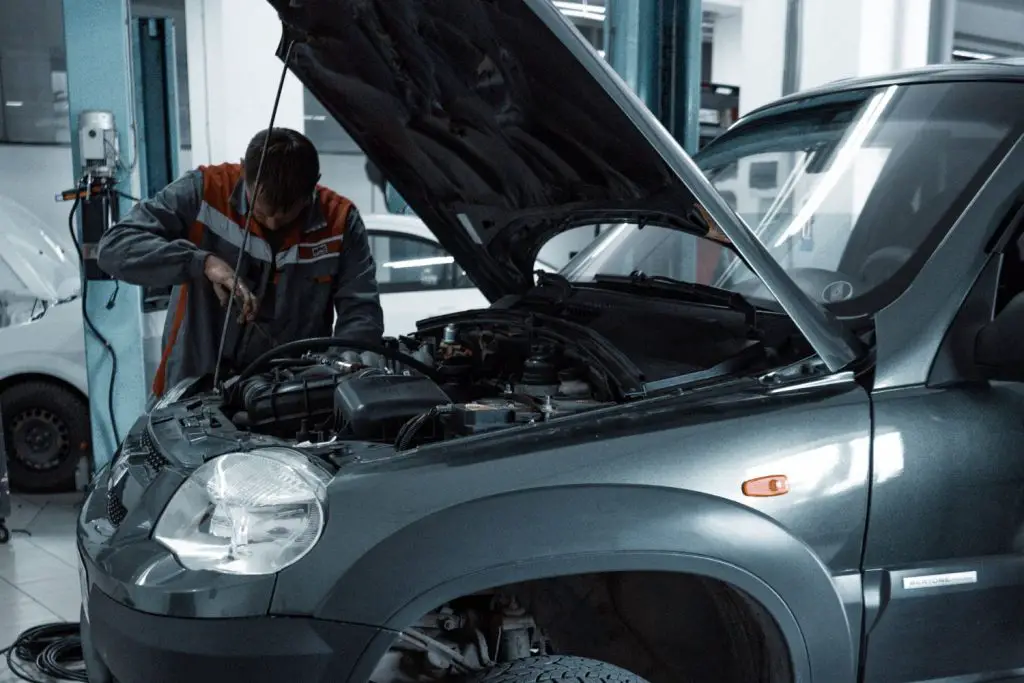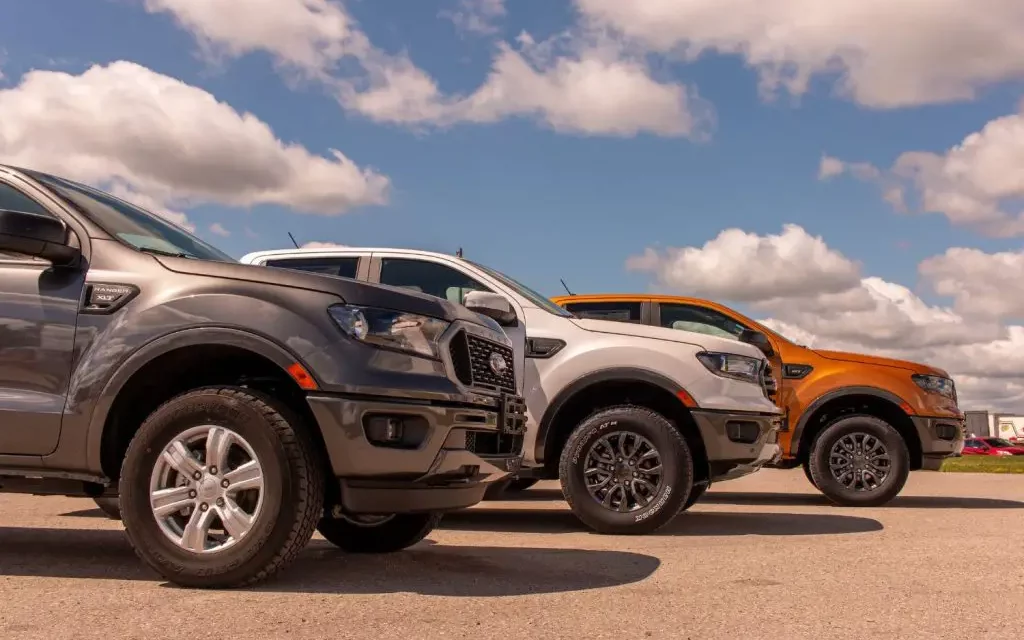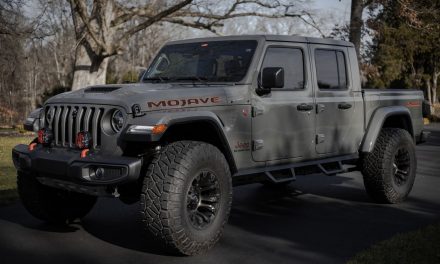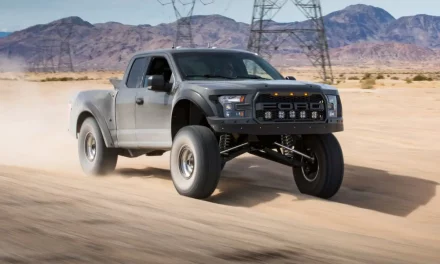It’s common to see pickup trucks of many different makes and models (especially heavy-duty versions) with 200,000 or more miles on them. Meanwhile, at least with more modern cars, they tend to fail at a lower mileage than their truck counterparts. I’ll discover why this might occur in this article, so follow along!
Jump to:
1. No replacement for displacement (smaller engines fail faster)
Both cars and trucks are growing in size, which requires more power from the drivetrain to move it along. Pickup truck engines have historically had larger engines in size and cylinder count, most commonly having a V8. Thankfully this trend has continued, and in modern times these engines (if downsized) are assisted via a hybrid drivetrain. This larger engine can run at lower RPMs (rotations per minute) and wear out at a lower speed.
Meanwhile, as cars have progressed, their engines have gotten smaller and smaller, with some crossovers equipped with small turbocharged 3-cylinders. While turbocharging a small engine can result in fantastic gas mileage, it hurts reliability. When power is needed, the engine has to work considerably harder than a naturally aspirated (non-turbo) engine would have to. The more an engine works, the faster it wears and fails.
2. Less deferred maintenance

Many pickups are bought for a purpose, whether a work truck or a dream transportation truck. Meanwhile, most sedans and cars (non-enthusiast cars) are purchased for cheap transportation. This causes a divide where trucks tend to be taken better care of when it comes to maintenance. They get better tires, more oil changes, and transmissions are serviced when they are supposed to.
Meanwhile, most people who purchase a cheaper sedan to commute to work and back, with little another regard for the vehicle, have a higher tendency to forget to change the oil or “forget” that the check engine light is on.
3. Built for hauling, even if it doesn’t
While most trucks will never haul a thing in the bed or tow a trailer, this capability is built into them from day one. What this means is that a pickup is consistently run on a fraction of the ability that it has.
This means that even if it’s beaten, it still is living an easy life. Meanwhile, sedans are built for efficiency in hauling people and little else, which means at any point in time, they are being utilized at their max. This refers to the smaller engine sizes found in sedans, even though they are growing in size and weight.
4. A higher price point means higher quality.
Pickup trucks are expensive; there is no way around it. However, this also means more can be spent on developing a reliable drivetrain, a better interior, and higher-quality body panels. These things combine to create a vehicle that lasts longer and works better. Meanwhile, most commuter-style sedans are built to a price point to make them competitive. This can result in higher sales but lower quality and lower reliability.
5. Tried and True Components
Pickups have to work and work well, at least for those that use trucks for work. That means that parts used in a truck must also be highly reliable. This is why manufacturers like Toyota still use the 4.7L V6 in their Tacoma that has been used for decades and why Ram still uses the Hemi, which has its development cycle back to the 60s. Sometimes, when you continue refining something over so many years, it makes more sense to stick with the old than try something more experimental.
Meanwhile, manufacturers are more willing to go out on a limb with sedans, where the workload is not at the forefront. While you may lose some reliability, sedans can get other exciting features that older pickups can’t; they will only last for a while.
6. Many trucks are equipped with diesel engines.
While a diesel engine may be frowned upon after recent developments where manufacturers tried to fake results with government tests, it is excellent. Not only do they result in fantastic gas (diesel) mileage, but their longevity has no comparison.
Diesel engines are heavier, more robust, and run at much lower RPMs than their gas counterparts, and as such, they last longer. While some cars, such as VW TDIs and a few other brands, offer diesel engines in vehicles or crossovers, pickup trucks are the true king of the diesel engine, meaning better reliability and lasting longer.
7. Upgraded transmissions are a thing.
For those that do serious towing with a pickup truck, you likely have discovered upgraded transmissions. While cars and crossovers tend to have their standard factory automatic transmission, pickup trucks’ transmissions can be upgraded to allow for heavier loads or to help last longer. This is something that can be done at the factory or even aftermarket.
Why would cars last longer than pickup trucks?
While pickup trucks tend to last longer than cars, there are some reasons why a car may last longer than a pickup truck in the right circumstances.
- Cars can have an easier life – Pickup trucks get beat up and tend to be kept from being washed, resulting in rusting entirely out. Meanwhile, cars tend to see less activity on dirt roads, winter roads, and more; this can mean they last longer.
- Sports cars are well taken care of – While sedans tend to have a more difficult life, sports cars are on the opposite end of the spectrum. Most sports cars live in garages, which means they likely never see harmful elements and get their maintenance as enthusiasts own them; this is a big reason why many have lower mileage and can last longer than a pickup.
Conclusion
After spending years researching vehicles, shopping for cars, and helping people search for vehicles, pickups last longer than cars. This comes down to a need for deferred maintenance, heavy-duty components, etc.





